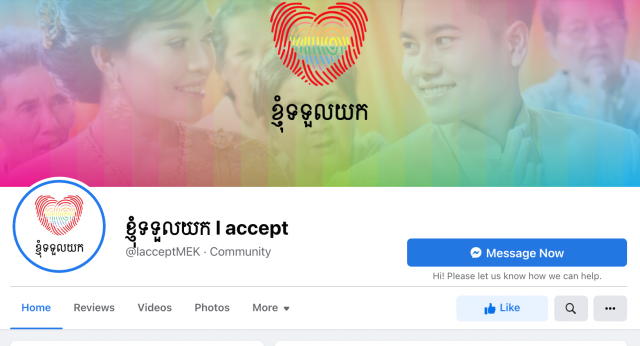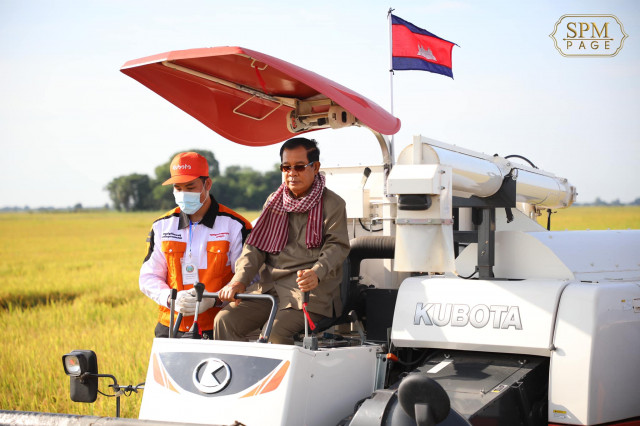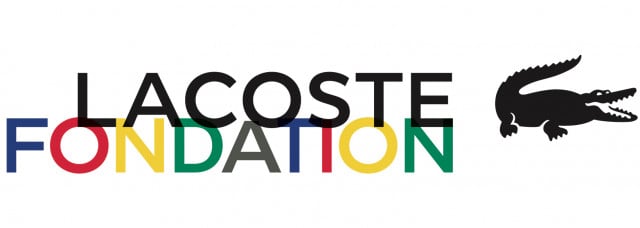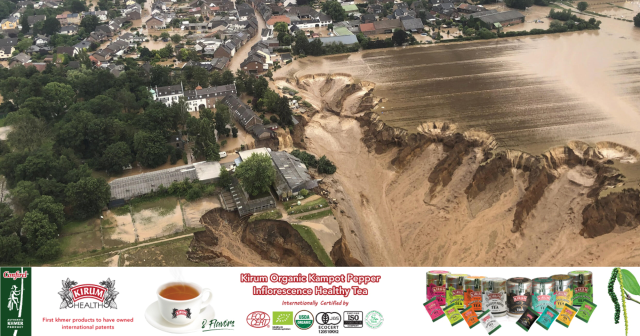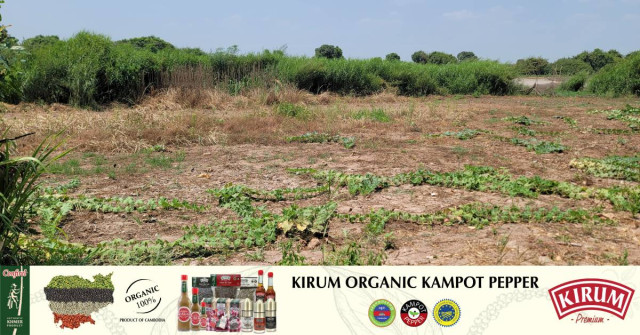Khmer People in the US Celebrate Pchum Ben
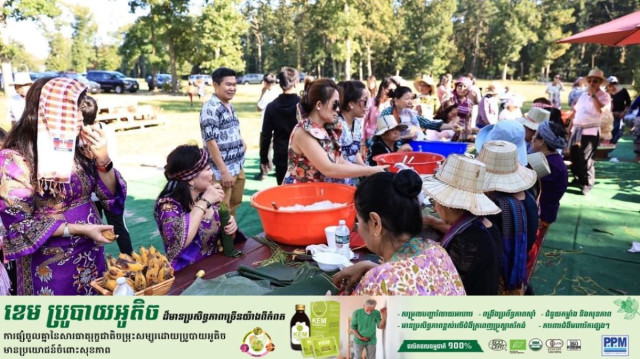
- By Rin Ousa
- October 12, 2023 9:52 AM
PHNOM PENH – Despite not living in Cambodia, Cambodian people in the United States merrily gather at pagodas to celebrate Pchum Ben.
The Buddhist festival falls on the 15th day of the 10th Khmer lunar month. It is preceded by a 14-day celebration called Kan Ben and followed by Ben Thom, also known as the Ancestor’s Day.
In Khmer language, “Pchum” means to gather together, and “Ben” refers to a ball of food. Thus, it is one of the best occasions for Cambodians to celebrate with their families by offering food, baskets of flowers, and prayers to the monks.
Regardless of where Cambodian Buddhists are living, they still honor Buddhist traditions. Chhort Chhorravin, a student pursuing a Master of Financial Analysis degree at Temple University in Philadelphia, USA, has been going to the nearby temple in the United States to celebrate Pchum Ben.
Ravin said that, although he could not return to Cambodia to celebrate the Pchum Ben festival with his parents, he went with his relatives to Preah Buddha Rangsey Temple, which is located in the state of New Jersey.
“I felt homesick. But I was so excited and proud to see many Khmer people gathering together at the pagoda to celebrate Pchum Ben,” he said. “Although they are not living in Cambodia, they still strictly adhere to Buddhist principles.”
Just like the celebrations in Cambodia, Khmer people in the U.S. take turns praying and bringing food offerings to the pagoda.
On Ben Thom or Ancestor’s Day, which will be on Oct. 14, Ravin said there will be a special ceremony at the New Jersey’s pagoda as Khmer people will gather together to make traditional cakes, pounded rice, small straw house with some decorations, wear Khmer traditional clothes, and perform Khmer traditional dances.
“As an International student living in the U.S., I am looking forward to joining this celebration with other Khmer people,” he said. “Once again, I am proud to see Khmer people here put all their efforts into celebrating Pchum Ben festival.”
He said that this is one of the best occasions that allows Cambodian students who are studying in the United States to gather with other Khmer people and observe some differences from Cambodia.
“Apart from monks chanting, which doesn’t happen at the same moment in the celebration, I realized that there is no difference between Pchum Ben in Cambodia and the U.S.,” Ravin said.
He said he was born in Kampong Thom province’s Stoung district. In his hometown, he used to get up at 4 a.m. to go to the pagoda and listen to monks chanting during the Pchum Ben festival.
But in pagodas in the U.S., monks start to chant around 8 a.m. or 9 a.m. instead of early morning.
Mao Phorn, a Cambodian Buddhist, who is now working in the United States, also went to one temple, called Ratanaransi Buddhist Temple in Virginia State.
Phorn said there are not as many pagodas there as in Cambodia, but Khmer people still strictly celebrate Cambodian festivals. During Pchum Ben, Khmer people gather together at the closest pagoda to bring food and prayers to Buddhist monks.
“On this special occasion, I miss spending time with my family,” he said.
“For those who were born in the province like me, we often returned to our hometown to visit our parents and bring food to the pagoda with them.
“What I miss the most is seeing my hometown’s views after it rains because it is still raining in Cambodia in October.”
Pchum Ben festival is among the most significant occasions of the year to honor ancestors from seven preceding generations. It is one of the two main occasions for students and workers, along with the Khmer New Year, to return to their hometowns and spend time with their families.






